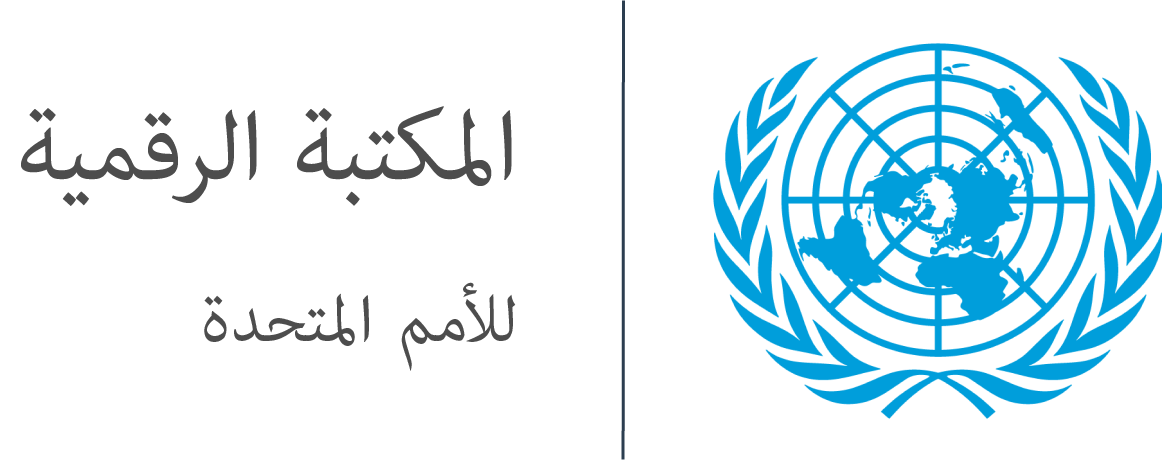Family-oriented Priorities, policies and programmes in the Implementation of the 2030 agenda for sustainable development as reported in the voluntary national reviews of 2020, 2021, 2022, 2023 and 2024
2025
شكل
| تنسيق | |
|---|---|
| BibTeX | |
| MARCXML | |
| TextMARC | |
| MARC | |
| DublinCore | |
| EndNote | |
| NLM | |
| RefWorks | |
| RIS |
تفصيلات التسجيلة (السجل)
العنوانFamily-oriented Priorities, policies and programmes in the Implementation of the 2030 agenda for sustainable development as reported in the voluntary national reviews of 2020, 2021, 2022, 2023 and 2024
ملخص
This report analyses the role of family-oriented policies in achieving the Sustainable Development Goals (SDGs), drawing on Voluntary National Reviews (VNRs) submitted by 141 countries during the 2020–2024 period. Using a multidimensional framework— combining welfare regimes and state capacity, pre-distributive and redistributive measures, social investment, the socioecological model, and gender responsiveness—it offers a comprehensive assessment of how policies that actively engage women, men, and children contribute to sustainable development. This approach is aligned with the People dimension of the 2030 Agenda and provides a broader, integrated view of family wellbeing. While most Governments continue to recognise families as vital social institutions, the number of countries implementing family-oriented policies has declined since the 2016–2019 reporting cycle, primarily due to the disruptive impact of the COVID-19 pandemic, conflict, inflation, and climate-related shocks.
المؤلفونEsteinou, Rosario
UN. Department of Economic and Social Affairs. Division for Inclusive Social Development
UN. Department of Economic and Social Affairs. Division for Inclusive Social Development
تاريخ[New York] : UN, Department of Economic and Social Affairs, May 2025
الوصف
144 p. : ill.
